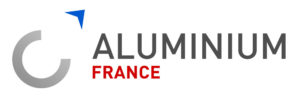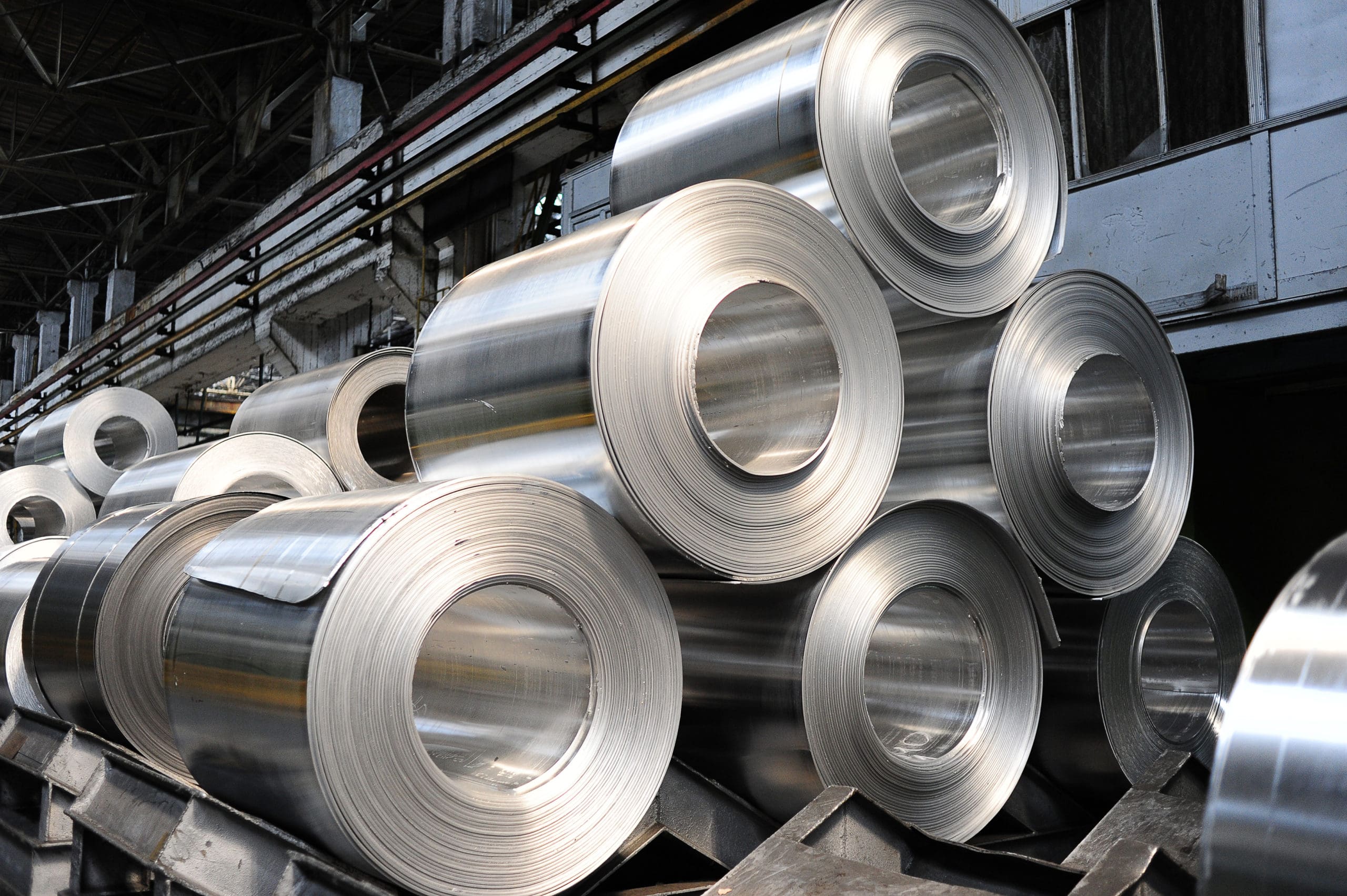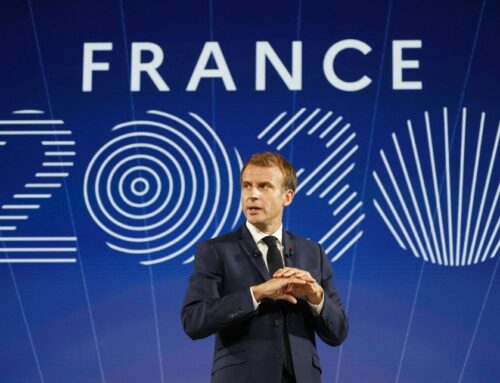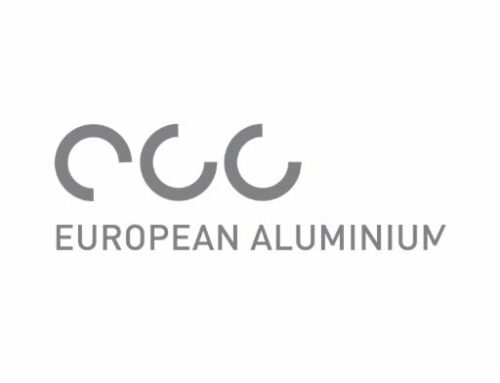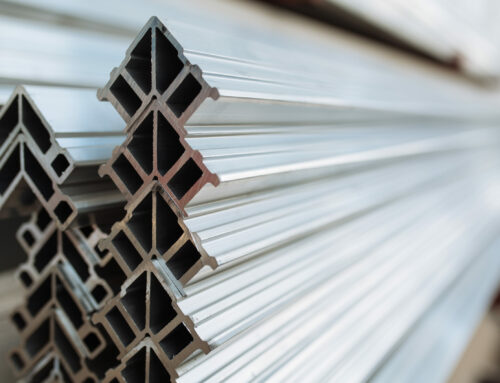European Aluminum, the spokesperson for the aluminum industry, believes that tariff rate quotas, which will replace the current 10% tariffs on EU aluminum products under Section 232, will still result in no more trade distortions. The association warns that this will create additional market instability for aluminum companies on both sides of the Atlantic.
“It seems that the European and American administrations have assumed that trade policies that work for steel will also work for aluminum, regardless of the specifics of our industry and our continued opposition to TRQs. Replacing the Section 232 tariffs with another trade-distorting measure is a losing game for the aluminum industry and its downstream customers on both sides of the Atlantic. The quota system will only create a two-tier pricing system and additional unpredictability. Metal traders will use it to their advantage to manipulate aluminum prices to the detriment of aluminum producers and manufacturers. We are also extremely disappointed that the quotas are based on historical 2018-2019 volumes, rather than a future-proof quota system that takes into account the growing demand for aluminum ”, comments Gerd Götz, Managing Director of European Aluminum.
European Aluminum and its US counterpart The Aluminum Association have called for the lifting of unjustified Section 232 tariffs on EU imports since their implementation in 2018 and have submitted a concrete proposal on restoring trade relations between them. two markets. Europe has always been an important ally of the United States, and European aluminum exports to the United States have never posed a threat to American national security. On the contrary, the American and European aluminum value chains are strongly linked, with more than 15 multinationals operating in the two territories.
European Aluminum welcomes the decision to craft a global arrangement on sustainable steel and aluminum to reduce global carbon emissions1 and tackle China’s subsidized overcapacity, which undermines European production and distorts global markets. The association believes the arrangement could help encourage sustainable aluminum production globally and looks forward to making a positive contribution to the arrangement. However, the two-year negotiation period on the deal should also be used to permanently remove unwarranted Section 232 tariffs and the quota system. The European aluminum industry fears that the EU’s acceptance of tariff rate quotas will normalize the use of these quotas, which continue to penalize free and fair trade in aluminum.
“European aluminum producers already face huge competitive challenges due to high regulatory costs in the EU and unfair competition from China. Yet despite the precarious situation of our industry, the EU has suspended long overdue anti-dumping measures on dumped Chinese flat-rolled products, depriving us of the level of trade defense protection enjoyed by companies. American. Now she’s dealt us another blow in the space of a month. The EU is sacrificing the entire aluminum value chain like never before to appease a handful of downstream users and traders, ”Götz commented on the broader trade challenges facing European companies.
